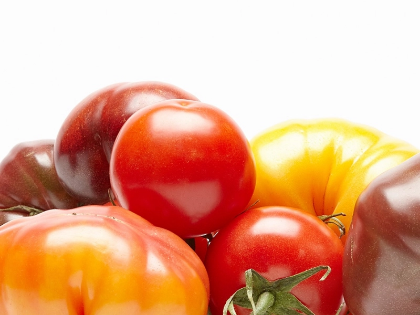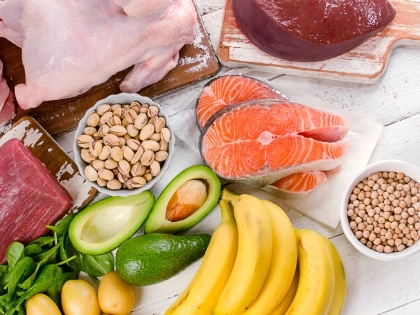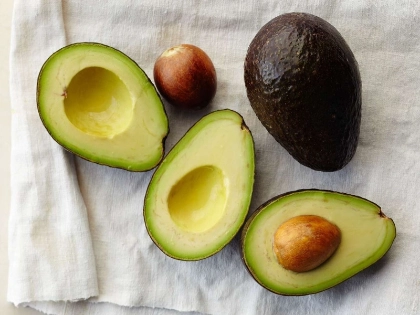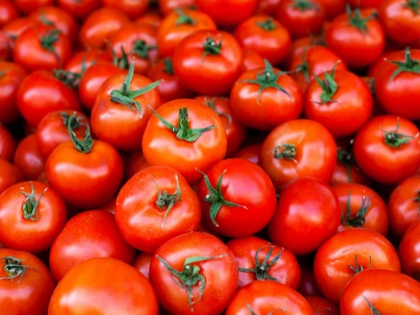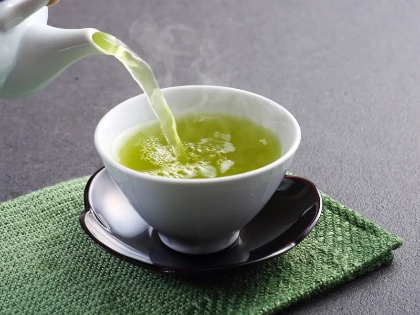Are Tomatoes Good For Your Immune System?
Vitamin C, which strengthens the immune system, and the carotenoid lycopene are both abundant in tomatoes. According to studies, lycopene may protect against heart disease, cancer, and eye disorders. Although tomatoes are considered nightshades (along with potatoes and peppers), they're safe to eat in reasonable amounts. Additionally, tomatoes contain a lot of potassium, which not many people know is crucial for controlling blood pressure.
Lycopene
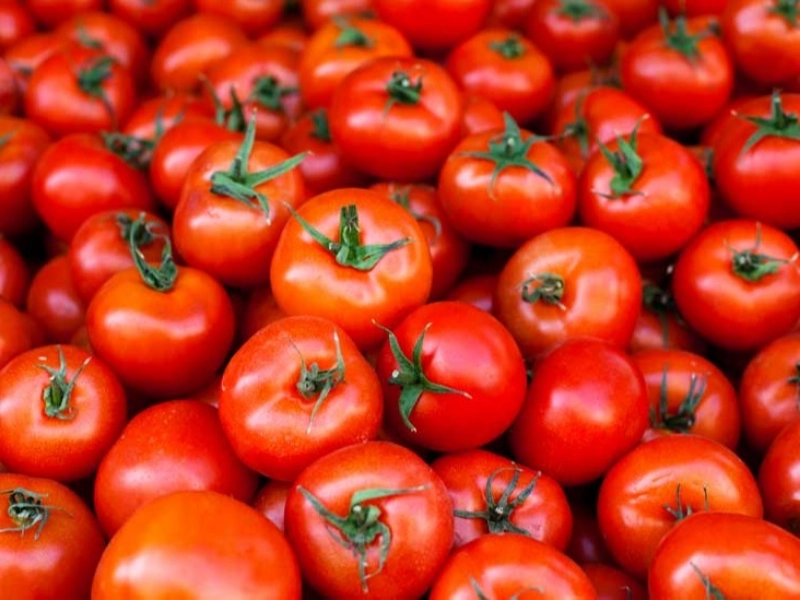
C vitamin
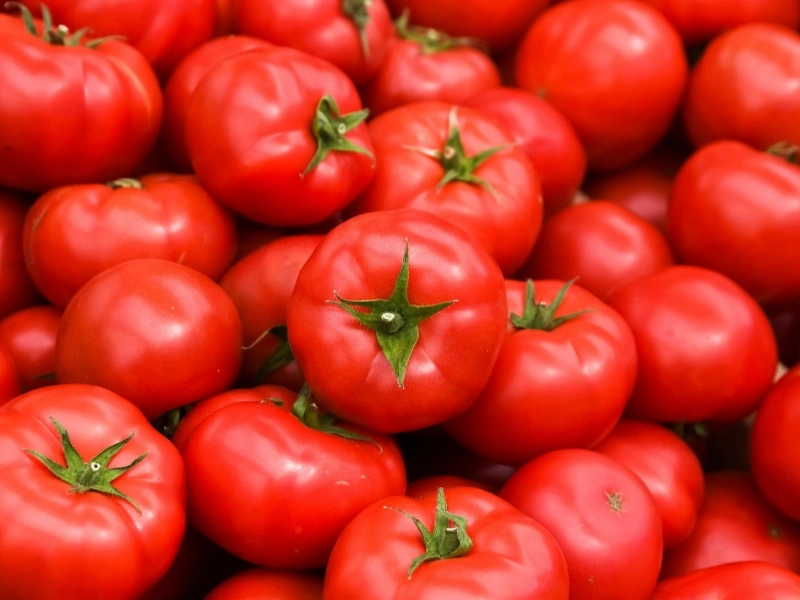 Ascorbic acid, also known as vitamin C, is crucial for maintaining human health. Making collagen, repairing injuries, and warding off free radicals—the disease-causing molecules produced when the body breaks down food or is exposed to toxins like cigarette smoke—are all functions that help the body develop blood vessels, tendons, and ligaments.
The advantages of vitamin C for the immune system are also widely documented. It improves leukocytes' capacity for chemotaxis, which in turn boosts the activity of white blood cells, the body's first line of defense against infections. Additionally, it functions as an antioxidant and helps the body absorb nonheme iron, which is the kind of iron found in plant-based meals.
It makes sense that when people start to feel under the weather, they resort to orange juice or vitamins. But does vitamin C actually boost your immunity if you do become sick and prevent you from becoming sick in the first place? Jessica Bippen, a nutritionist, explains everything there is to know about this potent mineral.
Ascorbic acid, also known as vitamin C, is crucial for maintaining human health. Making collagen, repairing injuries, and warding off free radicals—the disease-causing molecules produced when the body breaks down food or is exposed to toxins like cigarette smoke—are all functions that help the body develop blood vessels, tendons, and ligaments.
The advantages of vitamin C for the immune system are also widely documented. It improves leukocytes' capacity for chemotaxis, which in turn boosts the activity of white blood cells, the body's first line of defense against infections. Additionally, it functions as an antioxidant and helps the body absorb nonheme iron, which is the kind of iron found in plant-based meals.
It makes sense that when people start to feel under the weather, they resort to orange juice or vitamins. But does vitamin C actually boost your immunity if you do become sick and prevent you from becoming sick in the first place? Jessica Bippen, a nutritionist, explains everything there is to know about this potent mineral.
A vitamin
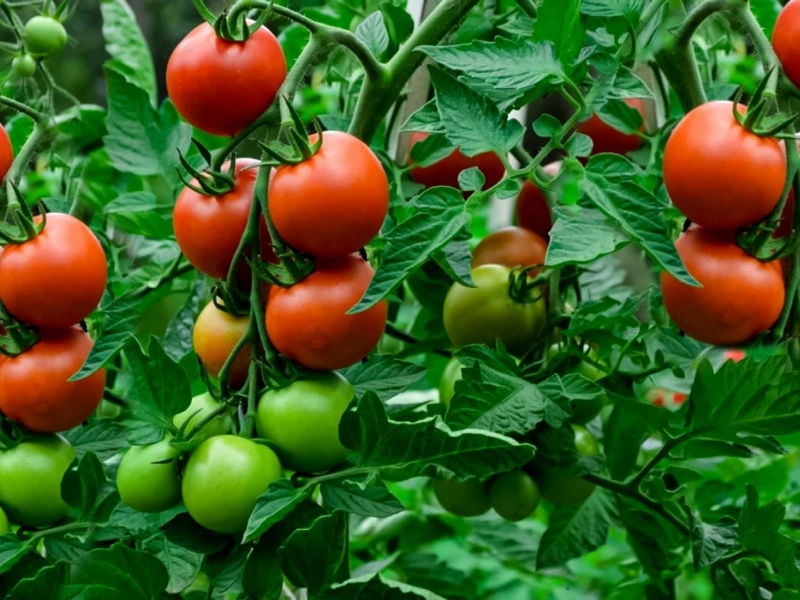 The immune system and cell proliferation depend on vitamin A (retinol and retinoic acid). It preserves the integrity of the skin's, lungs, and digestive tract's epithelium and mucosa. It has been demonstrated to have both regulating and stimulating effects on innate and adaptive immunity.
Additionally, it participates in a complex, two-way mechanism in the gut that fosters immunological tolerance and guards against inflammation. In addition to plant pigments (provitamin A carotenoids, including beta-carotene) that your body transforms into vitamin A, vitamin A can be found in animal products such as fatty fish, liver, and eggs.
A nutritious diet is the best way to maintain your immune system. You can receive all the nutrients required to maintain your immune system during the COVID-19 pandemic by eating a diet high in orange and red fruits and vegetables, as well as a variety of other whole foods. The immune system also benefits from enough sleep, so make sure to get plenty of it.
The immune system and cell proliferation depend on vitamin A (retinol and retinoic acid). It preserves the integrity of the skin's, lungs, and digestive tract's epithelium and mucosa. It has been demonstrated to have both regulating and stimulating effects on innate and adaptive immunity.
Additionally, it participates in a complex, two-way mechanism in the gut that fosters immunological tolerance and guards against inflammation. In addition to plant pigments (provitamin A carotenoids, including beta-carotene) that your body transforms into vitamin A, vitamin A can be found in animal products such as fatty fish, liver, and eggs.
A nutritious diet is the best way to maintain your immune system. You can receive all the nutrients required to maintain your immune system during the COVID-19 pandemic by eating a diet high in orange and red fruits and vegetables, as well as a variety of other whole foods. The immune system also benefits from enough sleep, so make sure to get plenty of it.
Zinc
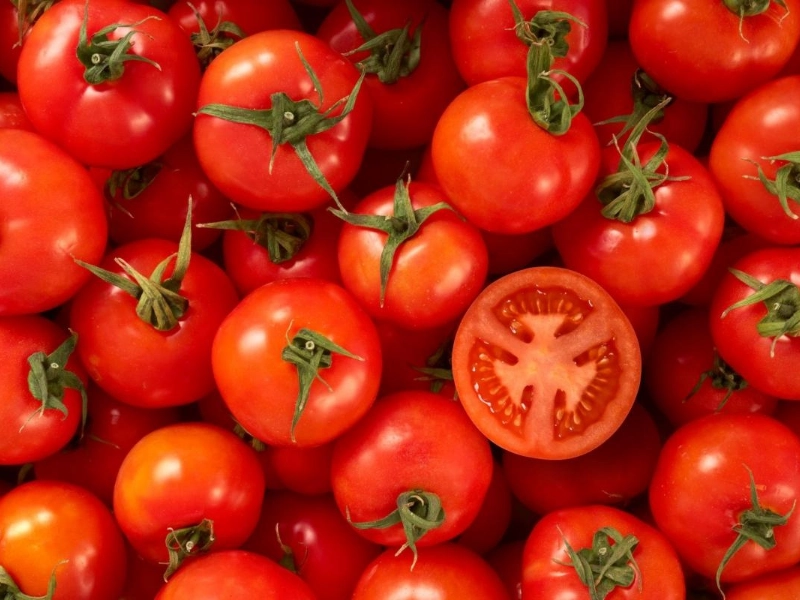 Zinc is a crucial trace mineral that is involved in numerous metabolic processes. DNA synthesis, cell expansion, protein synthesis, and immunological function all depend on it. It also has a role in taste and smell, the healing of wounds, and healthy blood clotting.
According to research, zinc is a potent antioxidant that slows down the aging process and lowers oxidative stress, which can cause heart disease, cancer, and other chronic diseases. By enhancing insulin action, zinc may also aid in the prevention of diabetes. It can also help those with type 2 diabetes lower their lipid levels.
Although there are many meals that contain zinc, meats and dairy products have the most of it. Due to the fact that the richest sources of this nutrient are excluded from their diets, vegetarians and vegans are at risk for insufficiency. The ability of your body to absorb zinc can be impacted by a number of drugs, including corticosteroids (like prednisone), cyclosporine, and antibiotics like doxycycline and ciprofloxacin. Some antacids and diuretics may also interact negatively with zinc.
Zinc is a crucial trace mineral that is involved in numerous metabolic processes. DNA synthesis, cell expansion, protein synthesis, and immunological function all depend on it. It also has a role in taste and smell, the healing of wounds, and healthy blood clotting.
According to research, zinc is a potent antioxidant that slows down the aging process and lowers oxidative stress, which can cause heart disease, cancer, and other chronic diseases. By enhancing insulin action, zinc may also aid in the prevention of diabetes. It can also help those with type 2 diabetes lower their lipid levels.
Although there are many meals that contain zinc, meats and dairy products have the most of it. Due to the fact that the richest sources of this nutrient are excluded from their diets, vegetarians and vegans are at risk for insufficiency. The ability of your body to absorb zinc can be impacted by a number of drugs, including corticosteroids (like prednisone), cyclosporine, and antibiotics like doxycycline and ciprofloxacin. Some antacids and diuretics may also interact negatively with zinc.
